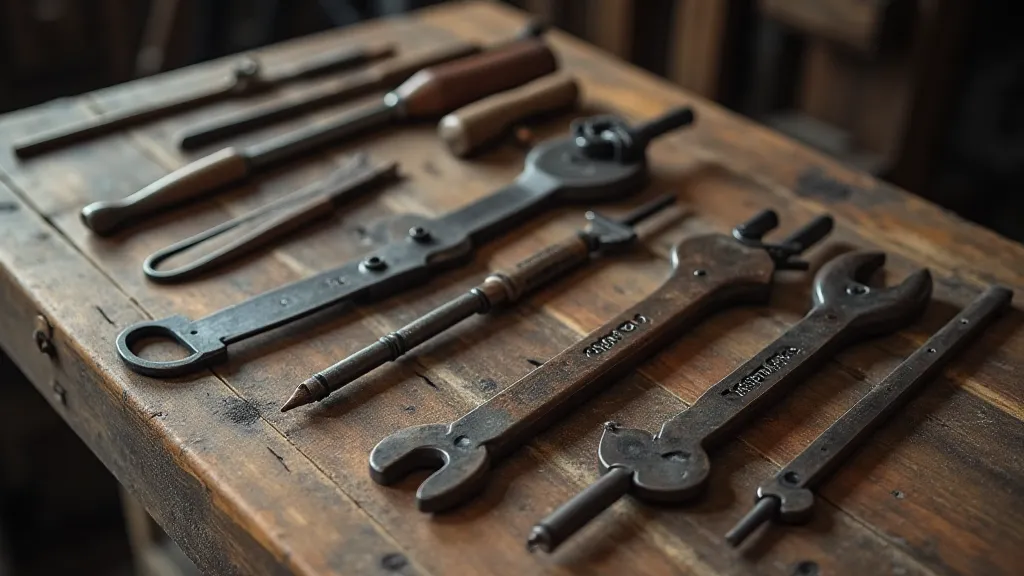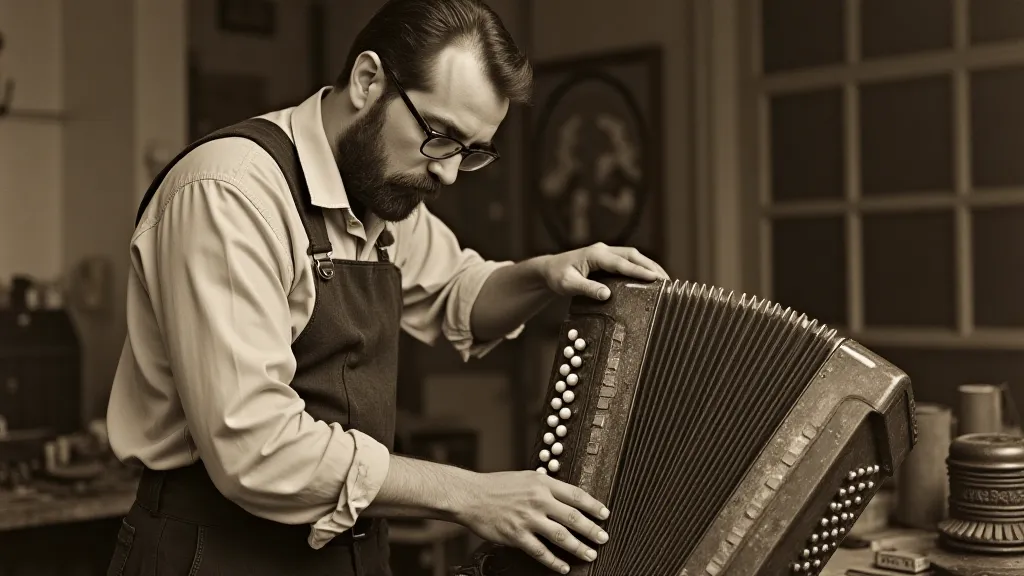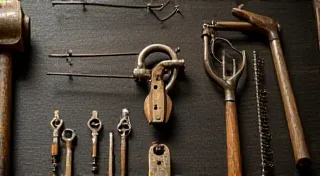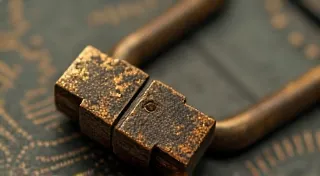The Cipher in the Turn: How Lock Picking Mirrors the Writer's Journey
There's a peculiar beauty in obsolescence, a quiet dignity in things that once held vital purpose but are now relics of a past we can barely imagine. I think of this often when I'm surrounded by my collection of antique accordions. Each bellows, each key, each meticulously crafted reed speaks of an era where craftsmanship wasn't a fleeting trend, but a way of life. And lately, that same feeling, that reverence for intricate systems and the patient hand that built them, has deepened my appreciation for another seemingly disparate pursuit: lock picking.
It's easy to dismiss lock picking as a pastime of shadows, a skill associated with nefarious intentions. And yes, it *can* be misused. But at its heart, practiced ethically and responsibly – as a means of learning, understanding, and appreciating the ingenuity of mechanical security – it's a surprisingly insightful art. More than that, I'm finding it's an unexpectedly powerful analogy for the writer's journey.

The Mechanics of Mystery: Understanding the Lock
The modern view often paints security as impenetrable, a digital fortress of algorithms and firewalls. But the mechanical lock, particularly the pin tumbler lock – the most common type you're likely to encounter – is a fascinating study in elegantly simple complexity. It's a system of levers, springs, and precisely machined pins, each designed to work in concert to prevent unauthorized access. To bypass it isn't about brute force; it's about understanding the system, recognizing its vulnerabilities, and manipulating it with finesse.
My first experience with lock picking involved an old, discarded filing cabinet – a silent sentinel of forgotten documents. It was rusted, stubbornly sealed, and represented a small, tangible challenge. Armed with a basic set of picks (a rake and a tension wrench, to be precise) and a surprisingly detailed YouTube tutorial, I began. The initial attempts were frustrating, a tangle of metal on metal accompanied by a sense of utter failure. Each click, each failed attempt, felt like a miniature defeat.
The crucial lesson, I quickly realized, was observation. It wasn’t enough to just insert the tension wrench and rake; I needed to *feel* the subtle nuances of the lock's response. The tension applied, the subtle clicks that hinted at a pin moving, the almost imperceptible drag that signaled resistance - these were the clues I needed to interpret. Just as a writer carefully observes human behavior to craft believable characters, a lock picker must meticulously observe the lock's behavior to understand its inner workings.
From Tension Wrench to Writer's Block: Finding the Pressure
Think about the tension wrench. It's not about applying overwhelming force; it’s about finding the *right* amount of pressure – just enough to hold the cylinder in place while the picks manipulate the pins. Too much tension, and the lock seizes. Too little, and the pins slip and slide without engaging. The correct pressure is a delicate balance, a nuanced understanding of the system’s tolerances.
This mirrors the writer’s journey remarkably well. A writer's ambition – the desire to create something profound and meaningful – is akin to the tension on the wrench. Too much ambition, too much pressure to produce a masterpiece, can lead to paralysis – writer’s block, self-doubt, and an overwhelming sense of inadequacy. Conversely, a lack of ambition, a lack of drive, can result in a lackluster, uninspired piece of writing.
The process of finding that "right" tension isn’t instantaneous. It requires experimentation, perseverance, and a willingness to fail repeatedly. Each failed attempt provides valuable information - a better understanding of the lock's sensitivity, a refinement of the technique.
The Pick as a Pen: Subtle Adjustments and Narrative Fluency
The picks themselves are tools of incredible subtlety. A slight adjustment of the rake, a barely perceptible shift in the tension wrench, can be the difference between failure and success. It's a dance of precision, a conversation between the picker and the lock.
The analogy to writing is inescapable. Rewriting, editing, refining – these are the picker’s subtle adjustments, the moments where the writer meticulously shapes and molds the narrative until it achieves its intended form. A single word choice, a slight restructuring of a sentence, a careful alteration of a character's motivation – these can dramatically impact the overall effectiveness of the writing. Just as a slight tilt of the pick can disengage a pin, a well-placed comma can clarify a complex thought.

The Accordion's Sigh: Appreciation for Craftsmanship
Returning to my accordions, I find a similar reverence for the hands that built them. The precision of the reed placement, the careful alignment of the bellows, the intricate carvings on the casing – all speak of a dedication to craftsmanship that seems almost unimaginable in today's mass-produced world.
There’s an inherent satisfaction in understanding how something works, in appreciating the ingenuity and skill that went into its creation. Whether it's dismantling a lock or dissecting a sentence, the act of understanding unlocks a deeper level of appreciation. The act of picking a lock, like restoring an accordion, isn’t just about the end result; it’s about the journey of discovery, the perseverance, and the quiet pride in overcoming a challenge.
Beyond the Turn: The Ethical Responsibility
It’s crucial to emphasize that this hobby, like any other involving tools and potential access, carries a significant ethical responsibility. Lock picking should *never* be used for illegal or unethical purposes. It's a tool for education, understanding, and responsible experimentation. The knowledge gained should be used to promote security awareness, not to compromise it.
The satisfaction isn’s in unlocking something that isn't yours; it’s in understanding the mechanism, appreciating the artistry, and expanding your knowledge of the world around you.

A Final Click: The Continuous Refinement
Ultimately, both lock picking and writing are journeys of continuous refinement. Each lock presents a new challenge, a new puzzle to solve. Each writing project demands a constant process of revision, editing, and honing. The satisfaction comes not just from the final result but from the ongoing process of learning, adapting, and striving for improvement. The cipher in the turn, the challenge of the blank page – both demand patience, observation, and the willingness to adjust, refine, and persevere.





